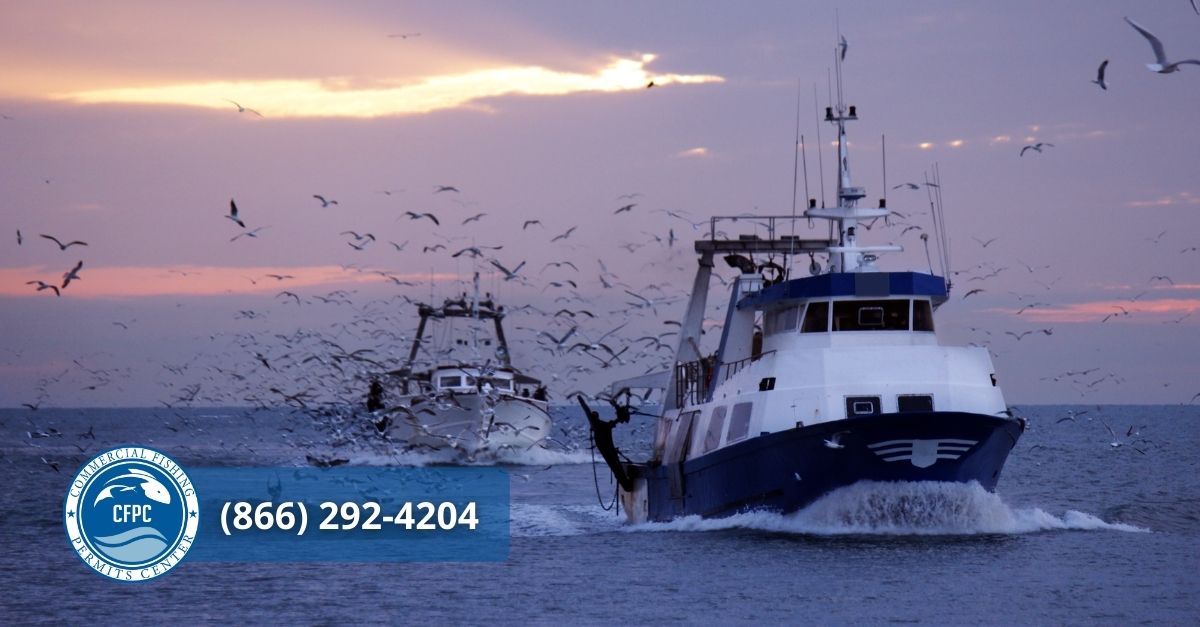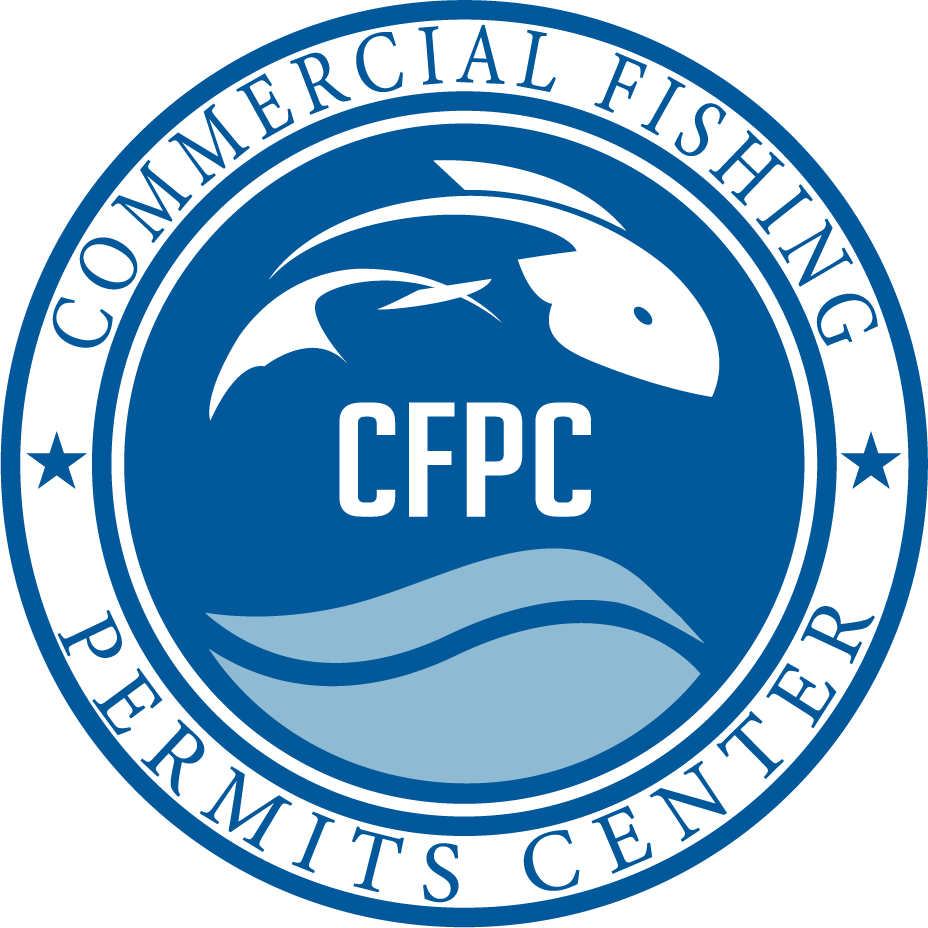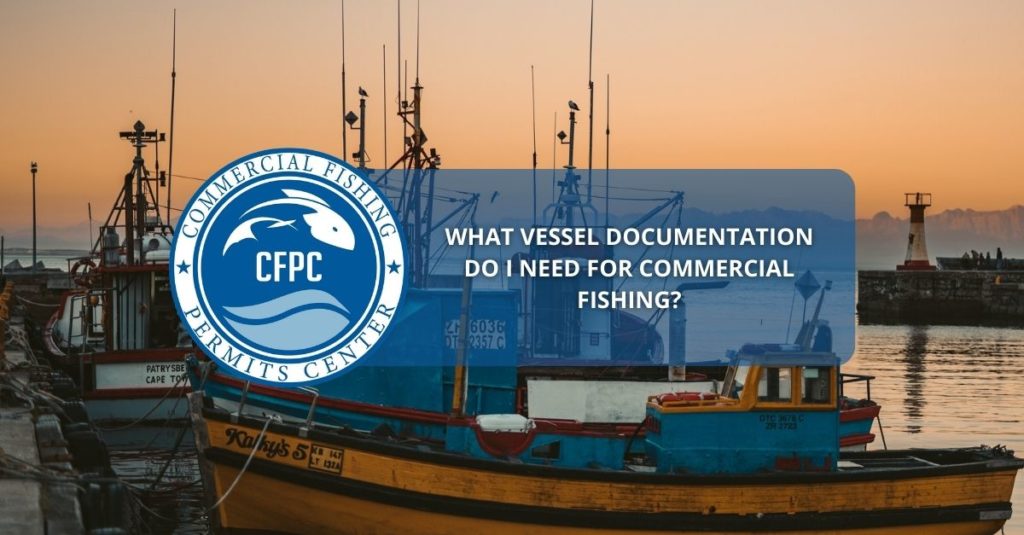Since then countless updates have been made to various state and federal mandates that vessel owners need to be aware of. Some of these changes are exclusive to specific types of vessels and how they’re used in various industries, such as the commercial fishing industry.
In the year 1790, the 11th Act of the First Congress outlined some of the first requirements for vessel documentation in U.S. history. Vessel documentation serves multiple purposes including proof of nationality, regulating trade in coastal territories and fishing grounds, and clarifying ownership of vessels within the U.S.
The Role of the USCG and the NVDC
Commercial fishing operations contribute billions of dollars to the U.S. economy every year, making it an extremely vital industry. Just as owners need to make sure that their vessel is outfitted with the proper equipment to function safely, they must also make sure that they have all of the necessary documents to operate their vessels legally. In the U.S. these federal documents are managed by the United States Coast Guard (USCG) through the National Vessel Documentation Center (NVDC).
Today they manage the documentation for approximately $225,000 different vessels, the requirements for which are outlined in the Code of Federal Regulations in section 46 CFR 67. State requirements and regulations are further outlined in 33 CFR 173.

When and Where These Documentations Apply
Documentation through the USCG is required for any and all vessels which weigh at least 5 net tons, are owned in their entirety by a U.S. citizen and are in fishing activities or coastwise trade. Specifically, they are needed for fishing activities or coastwise trade that occurs within either U.S. waters or within the Exclusive Economic Zone, also known as the EEZ.
The United States EEZ is located 200 nautical miles from the territorial sea baseline and it includes the Commonwealth of Puerto Rico, Guam, American Samoa, the U.S. Virgin Islands, and the Commonwealth of the Northern Mariana Islands.
The only exemptions made are for vessels not operated on the navigable waters or EEZ fisheries, rivers, lakes, internal waters, or canals. This excludes the Great Lakes of the Mid-Atlantic region.
Benefits of Following the Regulations
One of the primary benefits to having your commercial fishing vessel properly documented is the tax savings, as some states have a preferred tax status for vessels that are documented through the USCG. Another financial benefit is that it is much easier to secure a loan in order to have your vessel financed. Banks can record a First Preferred Ship’s Mortgage and send the NVDC proof demonstrating Satisfaction of Mortgage.
Aside from financial benefits, there are general practical benefits as well, namely that having any proper federal documentation with you will make it easier to travel through international waters. The paperwork will verify that your vessel is operating with U.S. federal regulations. Some boats are allowed to enter the waters of other states without additional registration but this varies by location.
The Required Documents
The list of documents that are required for each vessel is very short, but missing even one of these documents can prevent you from taking your vessel onto the water. The first document is the certificate issued by the Coast Guard, which is valid for one year after issue and must be continually renewed.
The second is not a specific document, but rather any documents that pertain to transactions regarding the vessel. Examples include a bill of sale, claim or lien, preferred vessel mortgage, or a transfer of interest. Certification from the USCG proves that the vessel can be legally taken onto the water, whereas these documents can be used to verify ownership and that the vessel was legally acquired.
If there are any documents submitted to the USCG that require notarization, they must be done so by a U.S. Notary or a U.S. Consulate. If they’ve been notarized in another country then there must be an apostille from a member country of the Hague Convention. Notarized documents are used within the U.S. while an apostille is used to prove authentication between countries.
Because these documents must be kept on the vessel at all times, owners might want to consider making copies or requesting duplicates in case the original is lost, stolen, or damaged.
Commercial fishing is one of the most dangerous occupations in the U.S. For this reason, owners are required to have specific safety gear and equipment along with these important legal documents at all times. This includes, but isn’t limited to:
- Fire extinguishers
- Marine Sanitation Devices
- Visual distress signals
- Personal flotation devices
- Ventilation
Never Go Unprepared
Managing the documents for your commercial fishing vessel can be a hassle. There are many forms to keep track of and documents that need to be regularly renewed or updated. The Commercial Fishing Permits Center not only gives you immediate access to those forms for easy completion and submission, but we can also help you with any questions you may have. For help with any of the forms you can talk to our staff by calling (866) 292-4204, and a member of our team can walk you through each one step by step.


No Comments
Be the first to start a conversation